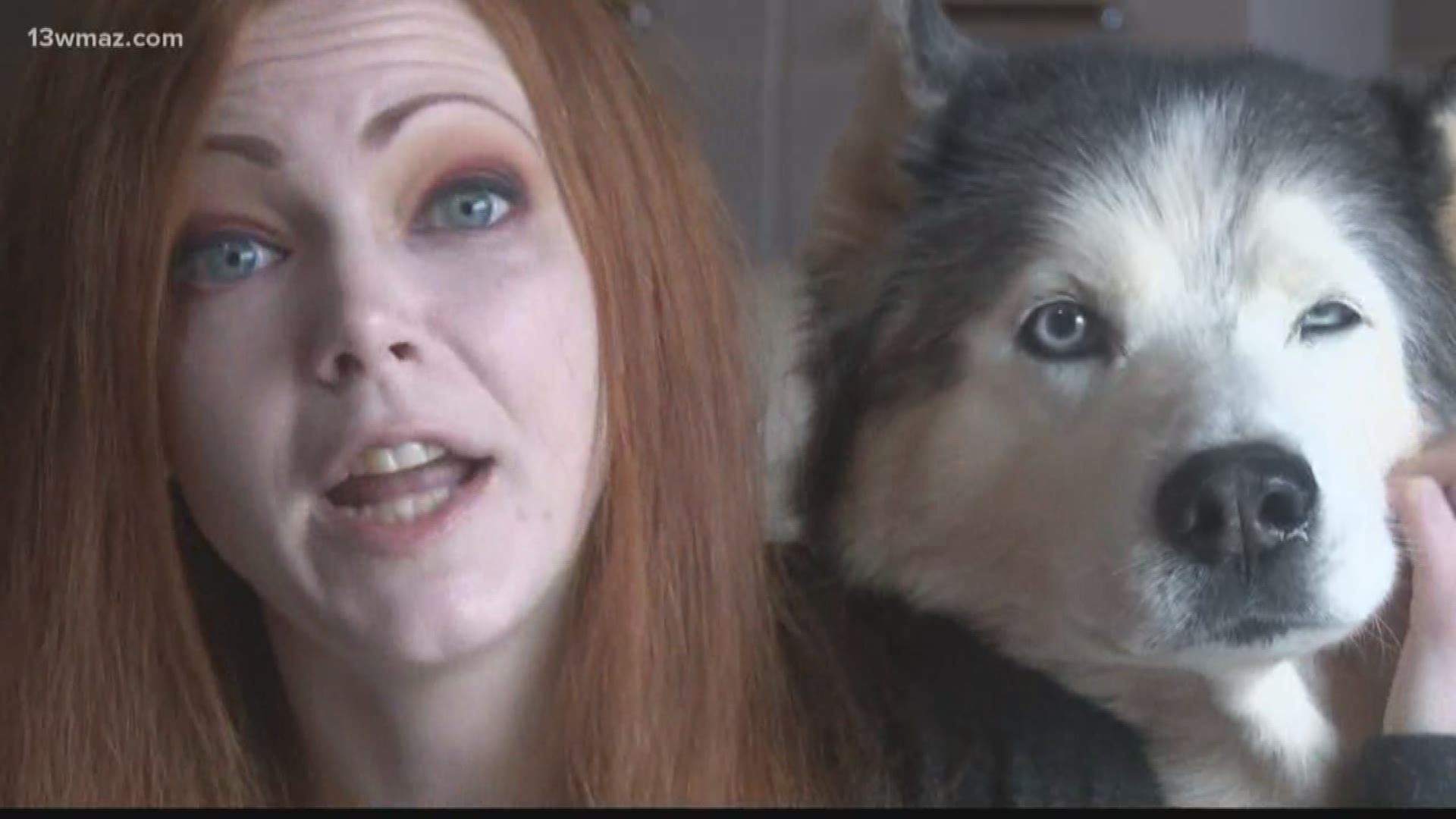MACON, Ga. — 11-year-old Cooper and his brother Cash mean everything to Amanda Read and her husband.
"We decided not to have kids, we decided to have dogs, and we are very happy with that decision, as you can see. They are our family," says Read.
So when one of them grew sick, Read says there was no question. They would do anything so save their dog.
In June 2018, doctors diagnosed Cooper with thyroid cancer and third degree heart blockage, something Terri Matula and her husband, Robert Driver, are familiar with.
"We had black Cocker Spaniel named Gator. He was just the most wonderful little dog, and my husband was walking him one day and he passed out. We ran him to the vet and found that he had a third degree heart block," says Matula.
Gator needed a pacemaker.
"That's when we found out they could place them in dogs," says Matula.
But Matula couldn't afford one and Gator passed away.
Years later, Driver developed some heart problems of his own and needed a new pacemaker.
A cardiovascular nurse at Navicent Health, Matula asked her superiors if they could sterilize her husband's pacemaker and send it to the UGA vet school to save dogs like Gator.
In 2018, the hospital and the vet school formed a new "pacemaker partnership" and have collected over 40 devices to implant into pups.
"You gave us this guy back and we couldn't ask for anything more. We are very happy to have him -- he means everything to us," says Read.
"The idea that they can take something that has kept you going and that they can take it, instead of throwing it away or not being able to be used again, it can be used to keep someone's pet alive -- just take the time to say yes and sign your name. You'll feel good about it," says Driver.
Matula says the pacemakers only come from living donors, must be sterilized before being shipped, and should have around five-and-a-half years of battery life left in them before being implanted in a dog.
If you are interested in donating a pacemaker, you can ask your medical doctor for more information.

